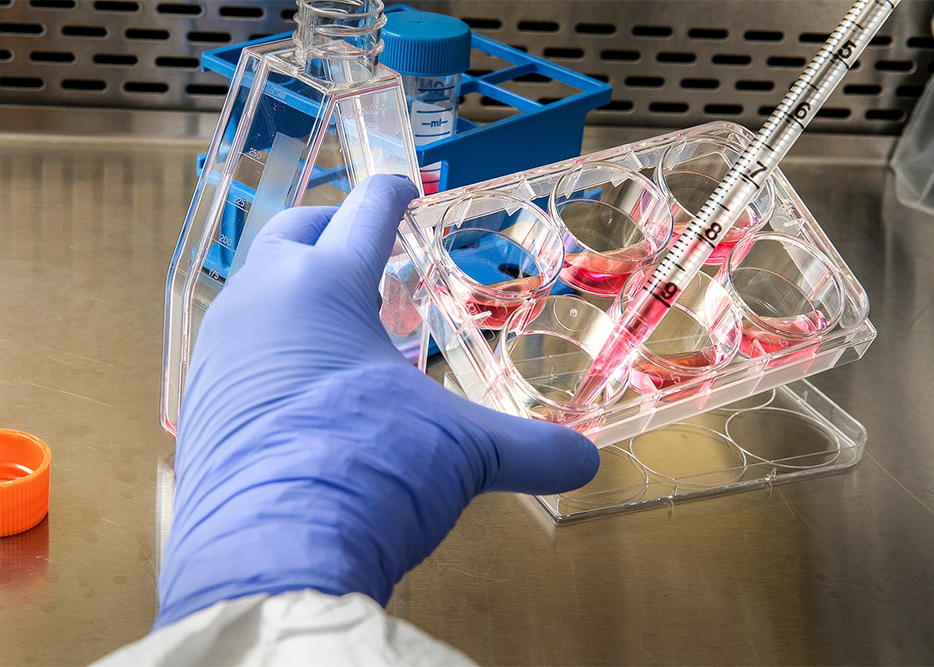The United States currently has over 6,600 registered cases of monkeypox, 1,200 of which were reported in the past three days, POLITICO reported, leading the Biden administration to declare a monkeypox state of emergency on August 4.
Following the recommendations of the World Health Organization (WHO), the U.S. Department of Health and Human Services (HHS) declared monkeypox a Public Health Emergency (PHE).
“This public health emergency will allow us to explore additional strategies to get vaccines and treatments more quickly out to impacted communities,” White House National Monkeypox Response Coordinator Robert Fenton told reporters, as reported by POLITICO. “And it will allow us to get more data from jurisdictions to track and attack this outbreak effectively.”
According to Phyllis Arthur, BIO’s VP of Infectious Diseases and Emerging Science, “the Public Health Emergency declaration will deliver more resources to state and federal partners on the front line of the response, and help at-risk populations receive the vaccines, therapeutics, and testing they need to stay safe and healthy.”
According to HHS, the monkeypox state of emergency declaration would assist the administration in “exploring new strategies” for administering vaccinations and treatments as well as data exchange between regions.
“As our nation and the world works to contain this virus, we call on Congress to ensure that federal and state agencies have the resources they need to end this outbreak,” continued BIO’s Arthur.
Read More:
- Yes, we have a monkeypox vaccine—thanks to investment in medical preparedness
- We have monkeypox treatments—but must act fast
Watch Phil Gomez, PhD, CEO of SIGA Technologies, Inc., a company that makes an antiviral for monkeypox, discuss the danger posed by monkeypox and the threat of a wider monkeypox outbreak:




